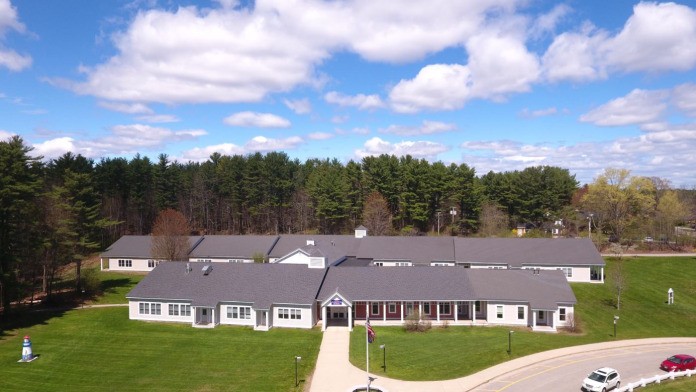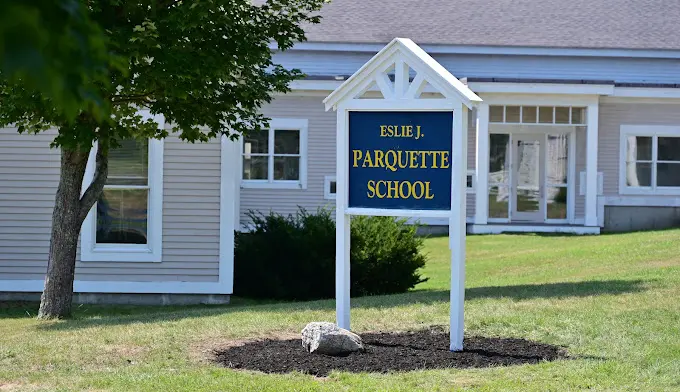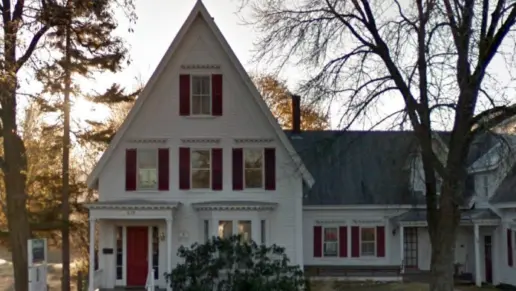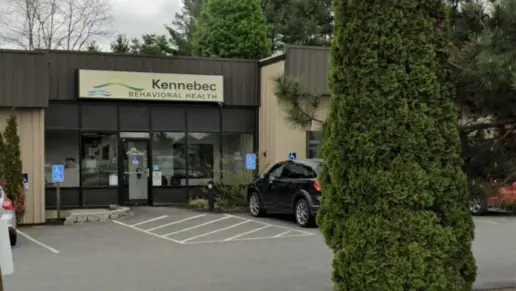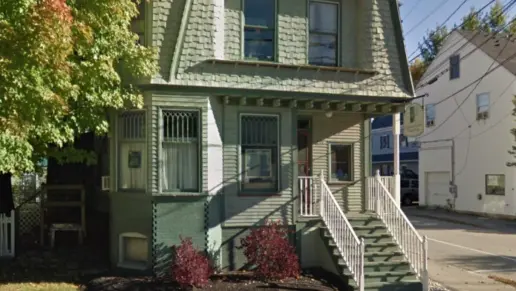About Sweetser – Saco Campus
Sweetser provides behavioral health services for children, teenagers, and adults at locations throughout Maine. Their flagship campus is located in Saco, Maine. Here, clients can access lots of different services to help them overcome their conditions, which may include co-occurring mental health and addiction concerns. Their programs include crisis stabilization and outpatient services.
Their outpatient program for kids and teens is called Child Assertive Community Treatment, or ACT. Something unique about this facility is that they’re willing to come to you, as long as you’re within a 25 mile radius of their Saco location. Some of the services they can provide through ACT include peer support groups, medication management, psychiatric evaluations, educational courses on important topics, and counseling sessions for individuals, groups, and families.
Sometimes, clients need to be stabilized before they’re in a position to receive therapeutic help. If this is the case, they can provide stabilization services at many locations. These services are available for clients of all ages and usually occur at one of their mobile clinics.
What’s great is that they integrate with primary clinics across the region. This means that clients can get the mental health services they need at their regular doctor’s office, without having to visit a special location. This can be very comforting, especially for children who are used to those familiar surroundings.
 Insurance & Financials
Insurance & Financials
Medicaid
Private insurance
Self-pay options
Financial aid
Medicare
 Levels of Care
Levels of Care
 Outpatient
Outpatient
Outpatient Programs (OP) are for those seeking mental rehab or drug rehab, but who also stay at home every night. The main difference between outpatient treatment (OP) and intensive outpatient treatment (IOP) lies in the amount of hours the patient spends at the facility. Most of the time an outpatient program is designed for someone who has completed an inpatient stay and is looking to continue their growth in recovery. Outpatient is not meant to be the starting point, it is commonly referred to as aftercare.
 Inpatient
Inpatient
Residential treatment programs are those that offer housing and meals in addition to substance abuse treatment. Rehab facilities that offer residential treatment allow patients to focus solely on recovery, in an environment totally separate from their lives. Some rehab centers specialize in short-term residential treatment (a few days to a week or two), while others solely provide treatment on a long-term basis (several weeks to months). Some offer both, and tailor treatment to the patient's individual requirements.
 Partial Hospitalization Program
Partial Hospitalization Program
As a form of outpatient rehabilitation, a partial hospitalization program (PHP) is a flexible option that integrates various therapeutic approaches, including medication management, individual and group therapy, and other behavioral therapy interventions. A partial hospitalization program can be an alternative to inpatient hospitalization or a "step-down" from a residential program. PHP treatment is less costly and is often covered by insurance. The length of the program can vary depending on your specific needs, typically averaging 90 days.
 Intensive Outpatient
Intensive Outpatient
Intensive outpatient programs (IOP) enable clients to remain in or return to their community while receiving high-level treatment. Most rehabs offering intensive outpatient treatment require clients to commit to a minimum of nine therapeutic hours per week, though clients who need more robust care often receive up to 20 hours of service weekly. Treatment modalities vary, but generally include psychotherapy, recovery education, evidence-based holistic therapies, and medication assisted treatment (MAT) for alcohol and/or opioid addiction.
 24-Hour Clinical Care
24-Hour Clinical Care
24-hour clinical care in Maine provides rehab clients with a more comfortable detox experience. This can lead to better recovery outcomes. Under this care, clients receive treatment for withdrawal symptoms as well as assistance with mental health disorders. This treatment may include medications, nutritional supplements, and professional counseling to address health issues, addiction issues, and co-occurring disorders.
 Intervention Services
Intervention Services
The best time for a drug intervention in Maine is when you think a loved one needs help with substance use and they are not seeking it. A drug intervention is an organized effort to confront them and share how their behavior has affected those around them. Intervention services can provide an intervention specialist to walk you through this process.
 Programs
Programs
 Adolescence program
Adolescence program
 Adult program
Adult program
 Children program
Children program
 Elderly program
Elderly program
 Hearing impaired program
Hearing impaired program
 Young adult program
Young adult program
 Settings and Amenities
Settings and Amenities
-
Private setting
 Treatment
Treatment
 Dual Diagnosis
Dual Diagnosis
Many of those suffering from addiction also suffer from mental or emotional illnesses like schizophrenia, bipolar disorder, depression, or anxiety disorders. Rehab and other substance abuse facilities treating those with a dual diagnosis or co-occurring disorder administer psychiatric treatment to address the person's mental health issue in addition to drug and alcohol rehabilitation.
 Mental Health
Mental Health
Mental health rehabs focus on helping individuals recover from mental illnesses like bipolar disorder, clinical depression, anxiety disorders, schizophrenia, and more. Mental health professionals at these facilities are trained to understand and treat mental health issues, both in individual and group settings.
 Clinical Services
Clinical Services
Cognitive Behavioral Therapy
Cognitive Behavioral Therapy (CBT) is a therapy modality that focuses on the relationship between one's thoughts, feelings, and behaviors. It is used to establish and allow for healthy responses to thoughts and feelings (instead of unhealthy responses, like using drugs or alcohol). CBT has been proven effective for recovering addicts of all kinds, and is used to strengthen a patient's own self-awareness and ability to self-regulate. CBT allows individuals to monitor their own emotional state, become more adept at communicating with others, and manage stress without needing to engage in substance abuse.
Couples Therapy
Whether a marriage or other committed relationship, an intimate partnership is one of the most important aspects of a person's life. Drug and alcohol addiction affects both members of a couple in deep and meaningful ways, as does rehab and recovery. Couples therapy and other couples-focused treatment programs are significant parts of exploring triggers of addiction, as well as learning how to build healthy patterns to support ongoing sobriety.
Dialectical Behavior Therapy
Dialectical Behavior Therapy (DBT) is a modified form of Cognitive Behavioral Therapy (CBT), a treatment designed to help people understand and ultimately affect the relationship between their thoughts, feelings, and behaviors. DBT is often used for individuals who struggle with self-harm behaviors, such as self-mutilation (cutting) and suicidal thoughts, urges, or attempts. It has been proven clinically effective for those who struggle with out-of-control emotions and mental health illnesses like Borderline Personality Disorder.
Family Therapy
Research clearly demonstrates that recovery is far more successful and sustainable when loved ones like family members participate in rehab and substance abuse treatment. Genetic factors may be at play when it comes to drug and alcohol addiction, as well as mental health issues. Family dynamics often play a critical role in addiction triggers, and if properly educated, family members can be a strong source of support when it comes to rehabilitation.
Group Therapy
Group therapy is any therapeutic work that happens in a group (not one-on-one). There are a number of different group therapy modalities, including support groups, experiential therapy, psycho-education, and more. Group therapy involves treatment as well as processing interaction between group members.
Individual Therapy
In individual therapy, a patient meets one-on-one with a trained psychologist or counselor. Therapy is a pivotal part of effective substance abuse treatment, as it often covers root causes of addiction, including challenges faced by the patient in their social, family, and work/school life.
Trauma Therapy
Trauma therapy addresses traumatic incidents from a client's past that are likely affecting their present-day experience. Trauma is often one of the primary triggers and potential causes of addiction, and can stem from child sexual abuse, domestic violence, having a parent with a mental illness, losing one or both parents at a young age, teenage or adult sexual assault, or any number of other factors. The purpose of trauma therapy is to allow a patient to process trauma and move through and past it, with the help of trained and compassionate mental health professionals.
Nutrition Therapy
During active addiction, substances rob your body of the vitamins and minerals it needs for proper functioning. Nutrition therapy in Maine helps you restore a balanced diet that supports recovery. It includes nutrition education and skill development to maintain long term sobriety.
